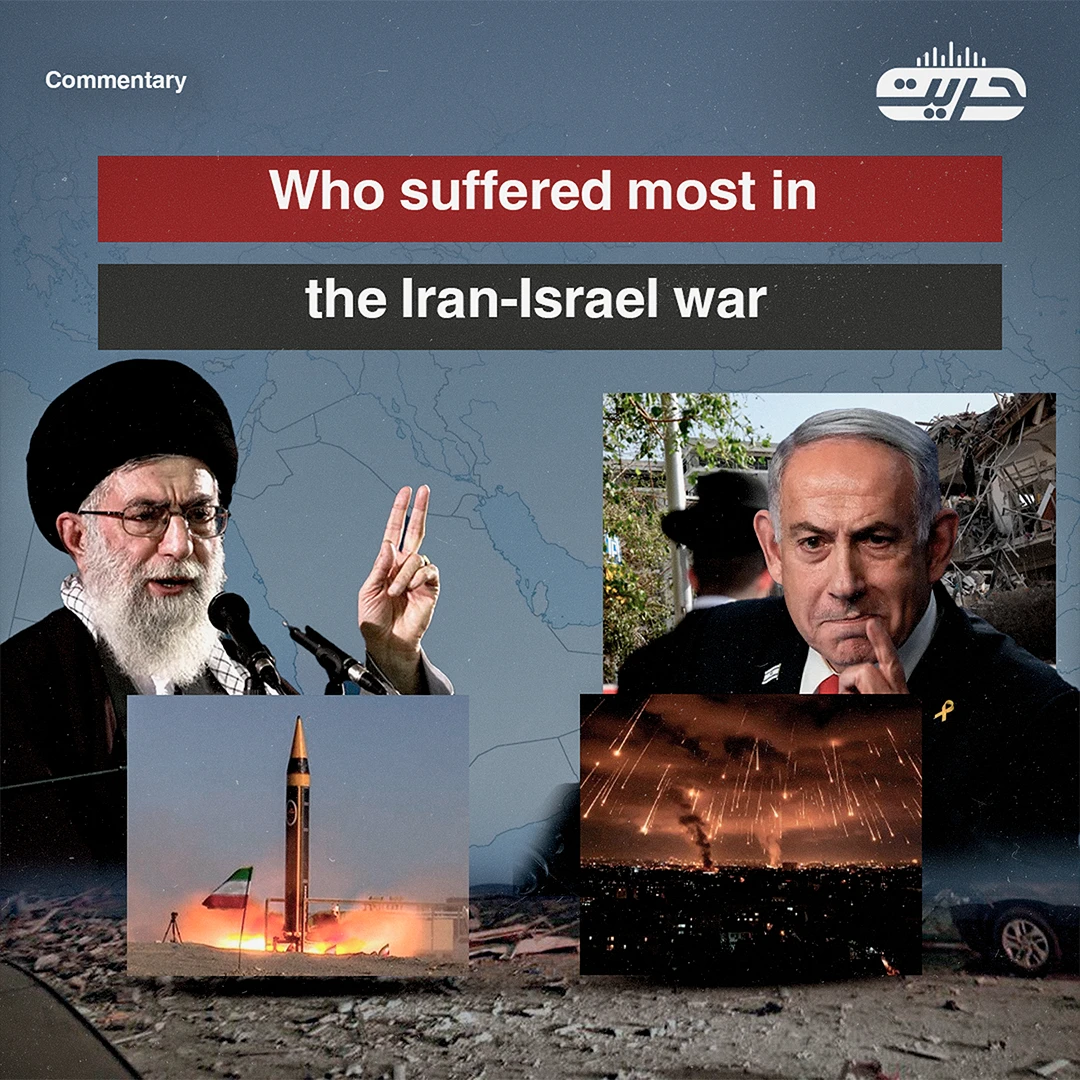Who suffered most in the Iran-Israel war
Over the past fortnight, significant security disruptions have engulfed the Middle East, marking a level of turmoil unprecedented in decades. These assaults have not only upset the regional equilibrium but also rattled the positions of global powers.
The spark of conflict ignited when Israel initiated a direct strike on Iran, targeting senior Iranian officials. Iran, having long prepared for defense under the guise of patience, retaliated fiercely. It struck pivotal military and intelligence installations in Israel, inflicting devastation akin to that seen in Gaza on cities like Tel Aviv. Israel's air defense system, the Iron Dome, revealed vulnerabilities, prompting scrutiny of its technology, intelligence capabilities, and even the strength of its alliances.
For Israel, enduring such a severe blow due to reckless politics was a bitter pill to swallow. The nation, accustomed to audacious acts of aggression abroad, found itself facing destruction, casualties, and chaos within its own borders.
This conflict shattered Israel psychologically, politically, and in terms of intelligence. The image of a formidable power that once instilled fear now appeared vulnerable, its populace seeking refuge in fields day and night. The government grappled with extracting the dead and wounded from the rubble. The tides of war shifted in favor of Iran around the clock, ultimately compelling American intervention. Iran, despite sanctions, pressures, and threats, boldly challenged the status quo, dismantling America's long-standing aura of invincibility with missile strikes alongside Israel.
Iran's remarkable display of courage against Western powers will have enduring reverberations in the region, offering a profound message to the Islamic world. It underscores the potential to confront oppressors and aggressors through intellectual, defensive, and technological preparedness. The Ummah must not only view this event emotionally but also glean practical lessons, understanding that alongside prayers for security, countering enemies requires intellectual awakening, technical prowess, and a unified front.
This conflict unveiled a stark reality: international politics favors strength over the oppressed, emphasizing the necessity of power dynamics. Israel's retreat in the face of Iran's technological prowess and Trump's setback underscore the significance of courage, action, and strategic acumen for the region and the Islamic world.
While the war has ceased, it has rattled long-standing paradigms, urging the Ummah to base its future on knowledge. In an age where conflicts are waged through technology, information, and intelligence, the community must fortify its academic institutions, research facilities, strategic planning, and intellectual capabilities alongside traditional pillars of faith.
Israel's defeat at the hands of Iran due to technological prowess underscores the shift from emotional resistance to strategic planning, emphasizing the need for reason, knowledge, and effective governance to safeguard national interests and define self-worth independently of external evaluations.







